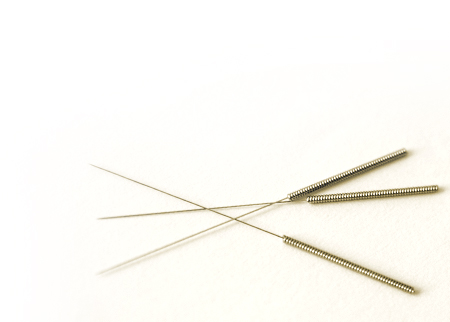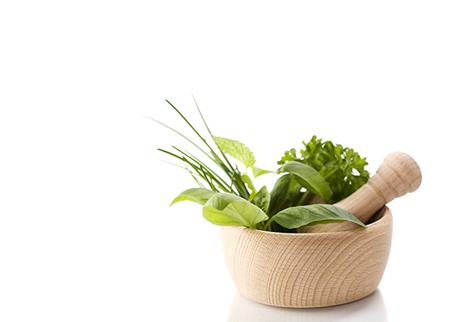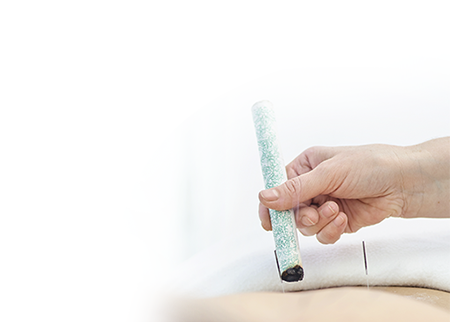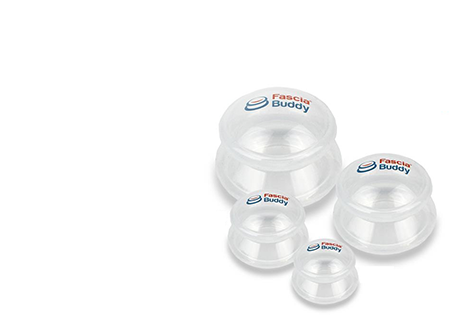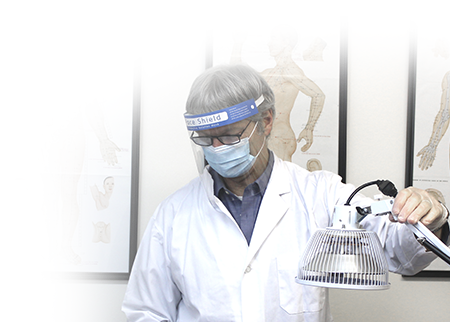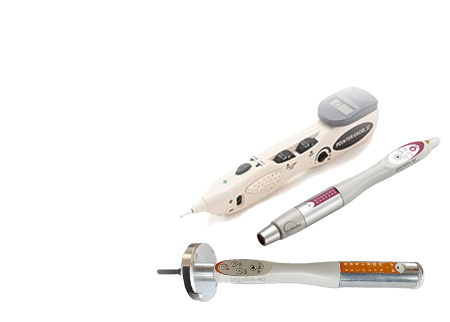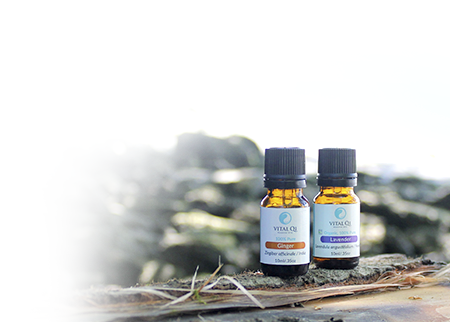Mushrooms and Autoimmunity
By Dr. Mason Bresett ND Naturopathic Doctor and Medical Advisor
Can Mushrooms Be Used In Autoimmune Patient Treatment Plans? Mushrooms and Autoimmunity (Part 1)With the rising impact of stress, chronic infections, increased intestinal permeability, and synthetic stressors, auto-immune conditions are becoming more popular.The conventional approach to suppress the immune system may not be creating long-lasting change that patients are striving for.Medicinal mushrooms are generally used to support one’s immune system, commonly being understood as immune-regulators. Some of the most common autoimmune conditions being seen by health practitioners include Hashimoto’s Thyroiditis, Sjögren’s syndrome, Rheumatoid Arthritis (RA), Celiac Disease, pernicious anemia, and some irritable bowel conditions.There seem to be two trains of thought when discussing the application of medicinal mushrooms in auto-immune conditions.For those concerned about using medicinal mushrooms with auto-immunity: reactions, aggravations, and flares are often the reason for shying away from consistent use. These are all signs and symptoms related to a short-term state of discomfort or worsening for the patient. With no further investigations, oftentimes practitioners will remove mushrooms entirely from the treatment plan and try other strategies.After interviewing Dr. Paul Anderson, Naturopathic Medical Doctor (NMD), who has a focus on autoimmunity, chronic infections, and integrative cancer care, it was evident that the above approach may need more fleshing out.
Dr. Anderson suggested that chronic infections, immune suppression, toxicity, and microbiome imbalances may need more attention before redosing mushrooms. Dr. Anderson also elucidated that using a broad spectrum of a blended mushroom product is something to consider when using mushrooms with autoimmune patients.
Dose, frequency, and type of extract are also important to consider when working with autoimmune patients – usually dependent on a case-to-case basis.
When resolution or improvement of the above interfering factors occurs, medicinal mushrooms may cause less aggravation in autoimmune patients. Because the immune system is so complex, even with the surging amount of mycology research, it is still hard to say if mushroom A will be good for condition B. However, there is some immunology that may help guide this conversation.
Modern Research Supporting Medicinal Mushroom and Compounds in Autoimmunity
Cordycepin, a compound in Cordyceps, has the potential to down-regulate a cytokine known as IL-2 (1). Cyclosporine is a strong immunosuppressive drug that shares the same mechanism of decreasing T cells via lowering IL-2 (1).
A drug derived from Cordyceps mushrooms called Corbin, showed decreased auto-immune thyroid antibodies (a positive marker) in two common conditions: Grave’s Disease (GD) and Hashimoto’s Thyroiditis (HT) (2). Normally GD patients have low CD8+ cells and high CD4+ cell counts. Normally HT patients have high CD8+ and low CD4+ cell counts. The cordyceps-based extract was shown to raise CD8+ cells and lower CD4+ cells in GD and lower CD8+ cells in GD patients and increase CD4+ cells in HT patients (2).
This supplements the other increasing evidence of the quintessential immunomodulating properties of medicinal mushrooms by having calming and potentiating effects depending on the host need.
In animal studies, shiitake mushroom extract was shown to alter key immune cell ratios of CD4/CD8 cells to alleviate ulcerative colitis symptoms (3). A species of Cordyceps with similar compounds to cordyceps militaris slowed the auto-immune process of beta-cell destruction in type 1 diabetic animal study (4).
Another animal study showed improvements in Lupus symptoms and immune markers after using Reishi and some herbal medicines (5). In vitro studies suggest a protein found in Reishi called Ling Zhi-8 (LZ-8) may have positive suppressive effects on auto-immunity by reducing TNF-alpha and destructive antibodies (6).
Mutations in ergothioneine transporter systems may create susceptibility to certain auto-immune diseases like rheumatoid arthritis and Crohn’s disease (7). Ergothioneine is a compound being studied for its antioxidant effects as it is only found in a select few foods, with mushrooms being one of the highest sources.
Direct evidence with mushrooms and specific autoimmune conditions is needing more data. Using mushroom extracts with autoimmune conditions is something that sometimes requires some patience and knowing when, how much, how often, and which type of mushroom extract to improve patient response.
Thanks for reading this Real Mushrooms Practitioner Report. Stay tuned for the 2nd auto-immune article in this series.
Dr. Mason Bresett ND
Naturopathic Doctor and Medical Advisor
References
1. Zhou, X., Luo, L., Dressel, W., Shadier, G., Krumbiegel, D., Schmidtke, P., Zepp, F., & Meyer, C. U. (2008). Cordycepin is an immunoregulatory active ingredient of Cordyceps sinensis. The American journal of Chinese medicine, 36(5), 967–980. https://pubmed.ncbi.nlm.nih.gov/19051361/
2. He, T., Zhao, R., Lu, Y., Li, W., Hou, X., Sun, Y., Dong, M., & Chen, L. (2016). Dual-Directional Immunomodulatory Effects of Corbrin Capsule on Autoimmune Thyroid Diseases. Evidence-based complementary and alternative medicine : eCAM, 2016, 1360386. https://www.ncbi.nlm.nih.gov/pmc/articles/PMC5045992/
3. Shuvy, M., Hershcovici, T., Lull-Noguera, C., Wichers, H., Danay, O., Levanon, D., Zolotarov, L., & Ilan, Y. (2008). Intrahepatic CD8(+) lymphocyte trapping during tolerance induction using mushroom derived formulations: a possible role for liver in tolerance induction. World journal of gastroenterology, 14(24), 3872–3878. https://pubmed.ncbi.nlm.nih.gov/18609712/
4. Wang, M. F., Zhu, Q. H., & He, Y. G. (2013). Treatment with Cordyceps sinensis enriches Treg population in peripheral lymph nodes and delays type I diabetes development in NOD mice. Die Pharmazie, 68(9), 768–771.
https://pubmed.ncbi.nlm.nih.gov/24147346/
5. Cai, Z., Wong, C. K., Dong, J., Jiao, D., Chu, M., Leung, P. C., Lau, C., Lau, C. P., Tam, L. S., & Lam, C. (2016). Anti-inflammatory activities of Ganoderma lucidum (Lingzhi) and San-Miao-San supplements in MRL/lpr mice for the treatment of systemic lupus erythematosus. Chinese medicine, 11, 23.
6. https://www.ncbi.nlm.nih.gov/pmc/articles/PMC4851790/
7. Paul, B. D., & Snyder, S. H. (2010). The unusual amino acid L-ergothioneine is a physiologic cytoprotectant. Cell death and differentiation, 17(7), 1134–1140. https://pubmed.ncbi.nlm.nih.gov/19911007/


